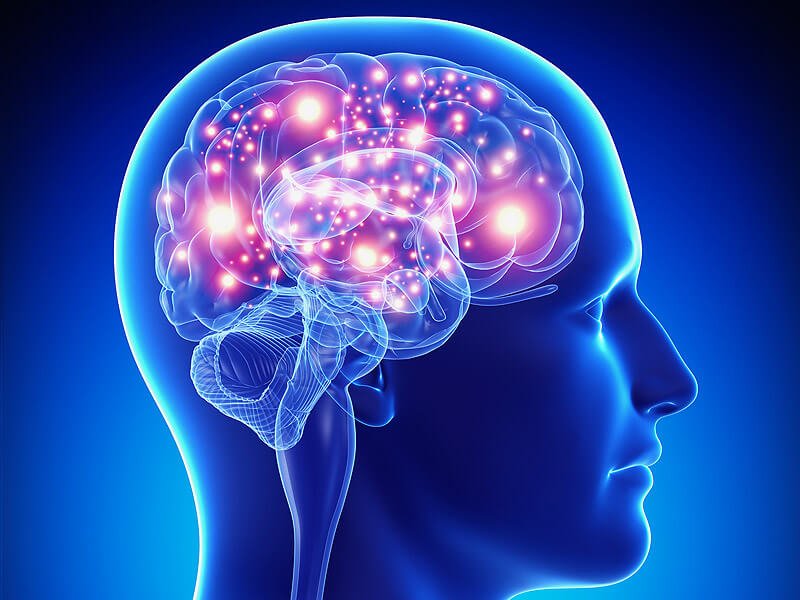The GLP aggregated and excerpted this blog/article to reflect the diversity of news, opinion and analysis.
Back in the 1980s, the American scientist Benjamin Libet made a surprising discovery that appeared to rock the foundations of what it means to be human. He recorded people’s brain waves as they made spontaneous finger movements while looking at a clock, with the participants telling researchers the time at which they decided to waggle their fingers. Libet’s revolutionary finding was that the timing of these conscious decisions was consistently preceded by several hundred milliseconds of background preparatory brain activity (known technically as “the readiness potential”).
The implication was that the decision to move was made nonconsciously, and that the subjective feeling of having made this decision is tagged on afterward. In other words, the results implied that free will as we know it is an illusion — after all, how can our conscious decisions be truly free if they come after the brain has already started preparing for them?
Luckily, for those who find this state of affairs philosophically (or existentially) perplexing, things are starting to look up. Thanks to some new breakthrough studies, including one published in Proceedings of the National Academy of Sciences by researchers in Germany, there’s now some evidence pointing in the other direction: The neuroscientists are backtracking on past bold claims and painting a rather more appealing account of human autonomy. We may have more control over certain processes than those initial experiments indicated.
Read full, original post: Neuroscience and Free Will Are Rethinking Their Divorce































